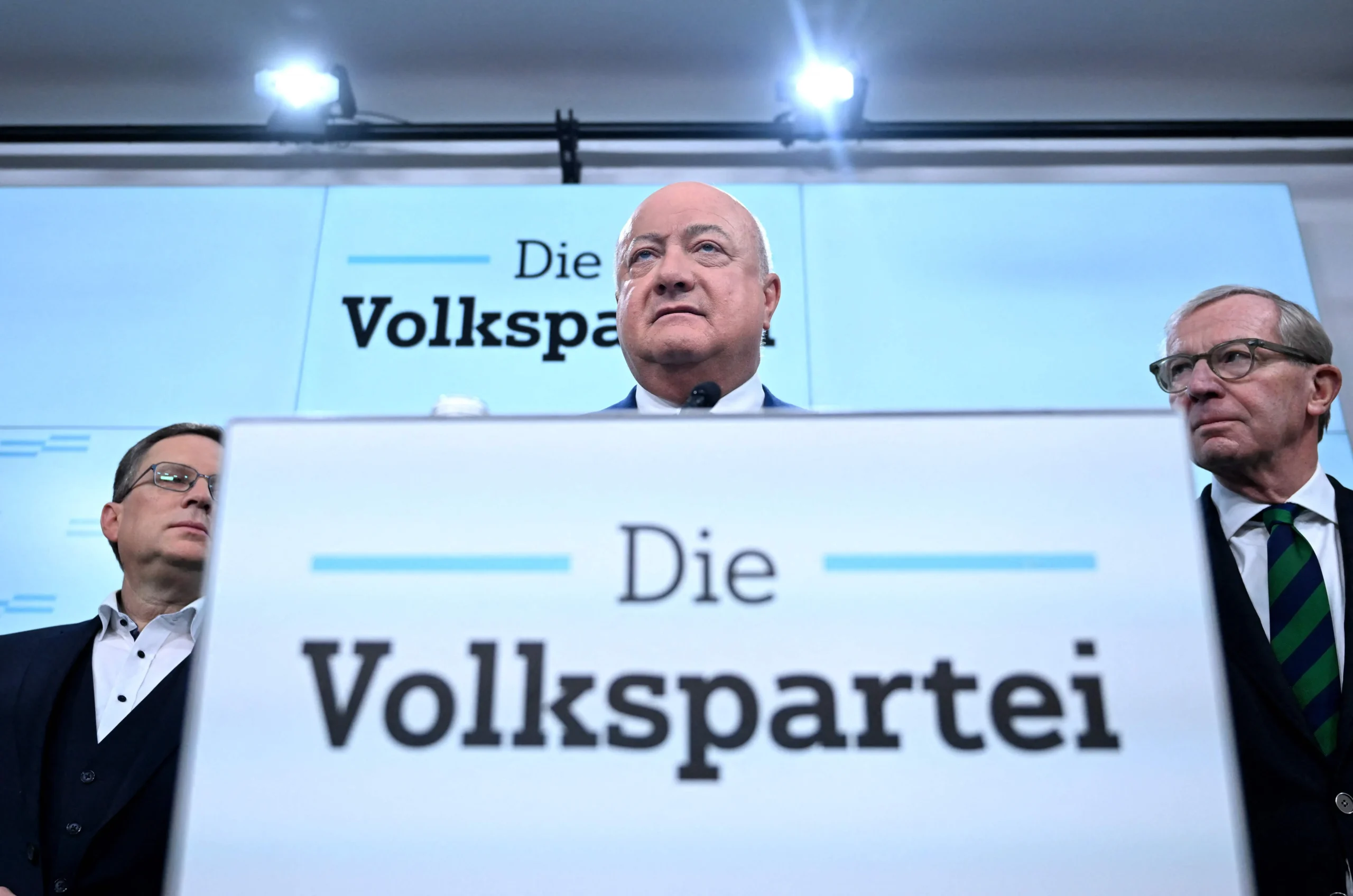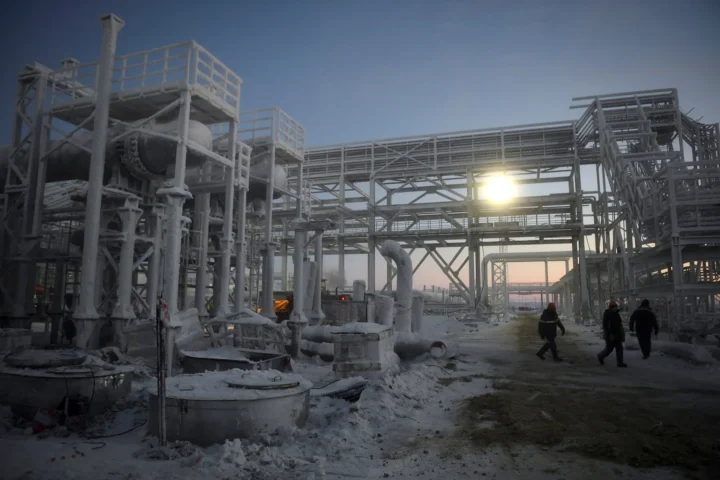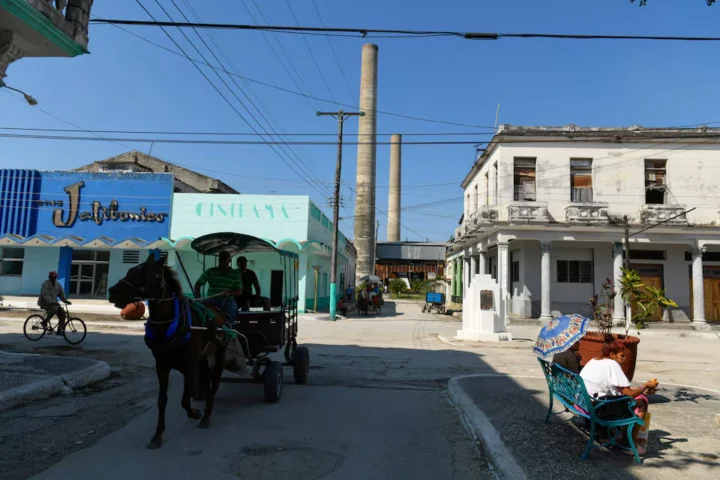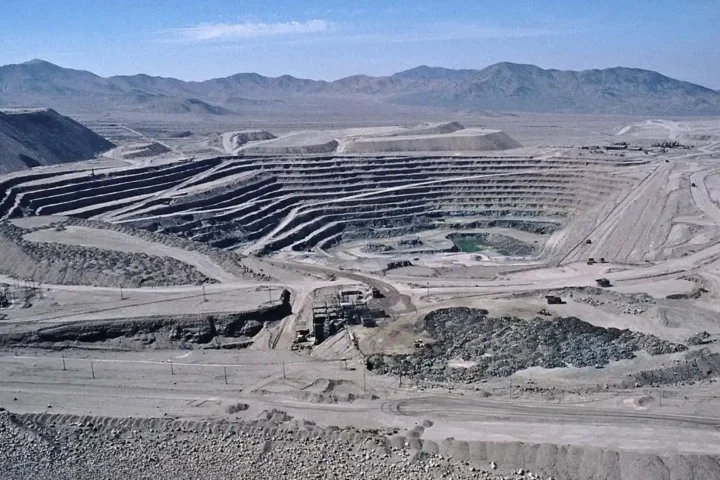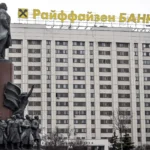Austria is currently facing a political crisis that could significantly reshape the nation’s political landscape. Following the collapse of coalition talks between major parties, President Alexander Van der Bellen is now considering appointing Herbert Kickl, leader of the far-right Freedom Party (FPÖ), to form a new government.
Collapse of Coalition Talks
To begin with, Friday’s negotiations, which included the liberal Neos party, ended without any results. Moreover, on Saturday evening, talks between the Social Democratic Party of Austria (SPÖ) and the Austrian People’s Party (ÖVP) also failed. Consequently, Chancellor Karl Nehammer (ÖVP) announced his resignation.
At this point, the immediate priority is to establish a stable government capable of addressing current challenges, such as the economic crisis, budget cuts, and restoring public trust.
A Potential Far-Right Government
In light of recent developments, interim ÖVP leader Christian Stocker, who was appointed after Nehammer’s departure, has expressed readiness to negotiate with the FPÖ. “If we are invited, we will approach these discussions seriously,” Stocker stated during a press conference.
Additionally, President Van der Bellen has invited Herbert Kickl to a meeting at Hofburg Palace on Monday. Importantly, the president emphasized that any new government must uphold core democratic principles, including the rule of law, separation of powers, human and minority rights, and Austria’s membership in the European Union.
Concerns and Prospects
Nevertheless, the potential appointment of Herbert Kickl as chancellor raises concerns both domestically and internationally. The FPÖ, for instance, is known for its anti-immigration rhetoric and pro-Russian stance, which could negatively affect Austria’s foreign relations. On the other hand, the party’s growing popularity among voters provides it with substantial political leverage.
Furthermore, experts have pointed to risks for democratic values. “Maintaining stability and transparency in government operations will be a critical indicator for Austria and its European partners,” analysts say.
What’s Next?
If an ÖVP-FPÖ coalition is formed, it would undoubtedly mark a historic moment for the country. Alternatively, if coalition talks fail, snap elections could be called, which may further strengthen the far-right’s position, according to projections.
For now, President Van der Bellen has stressed that a decision will be made in the coming days. “Austria must move forward, but not at the expense of its democratic values,” he stated.

